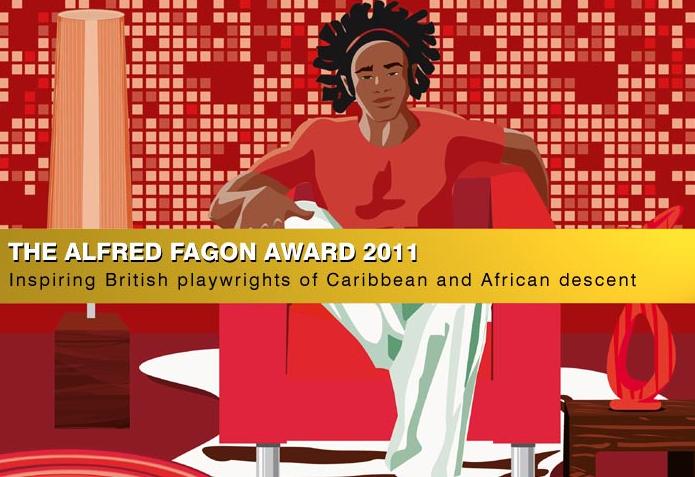My Mind Words Paper:
uk literature
Seeking Journalist Applicants: Researcher - Nigeria for Amnesty International (UK)
Call for Papers - Evolving African Film Cultures: Local and Global Experiences (Africa Media Centre, University of Westminister - London)
The 2012 Christians in Science Student Essay Competition
Deadline June 1 | SI Leeds Literary Prize Award for Unpublished Fiction by Black and Asian Women (UK)
Call for Papers - Multiculturalism and Representation: A Conference on Comics (Leeds, UK)
Free to Enter: William Soutar Short Story Writing Prize 2012 (worldwide)
Theatre Royal Stratford East's 30 Nigeria House Award for the Performing Arts/ Poetry (UK/ Nigeria)
Open to All First-Time Authors Writing in English: £10,000 Guardian First Book Award 2012
Mother Tongue Other Tongue: Multilingual Poetry Competition for Kids (UK)
The Inaugural AMYA Young Muslim Writers Awards 2012 (UK)
Poetry Hour on Africa4U Radio Show (UK)
Call for Papers: ICTs, New Media and Social Change in Africa (UK)
SI Leeds Literary Prize Award for Unpublished Fiction by Black and Asian Women (UK)
Black History Month Show on Reading4U.co.uk
Job Opening: Editor - Africa for The Economist (London)
International Entries Welcomed: Five Stop Story Short Story Competition
Bursaries Available for Journalists from the Developing World: Thomson Reuters Multimedia Course in UK
Call for Papers: Woman and Film in Africa Conference (University of Westminister, UK)
Call for Papers: Dis/connects: African Studies in the Digital Age (UK)
The £5000 Alfred Fagon Award for British Playwrights of African Descent
